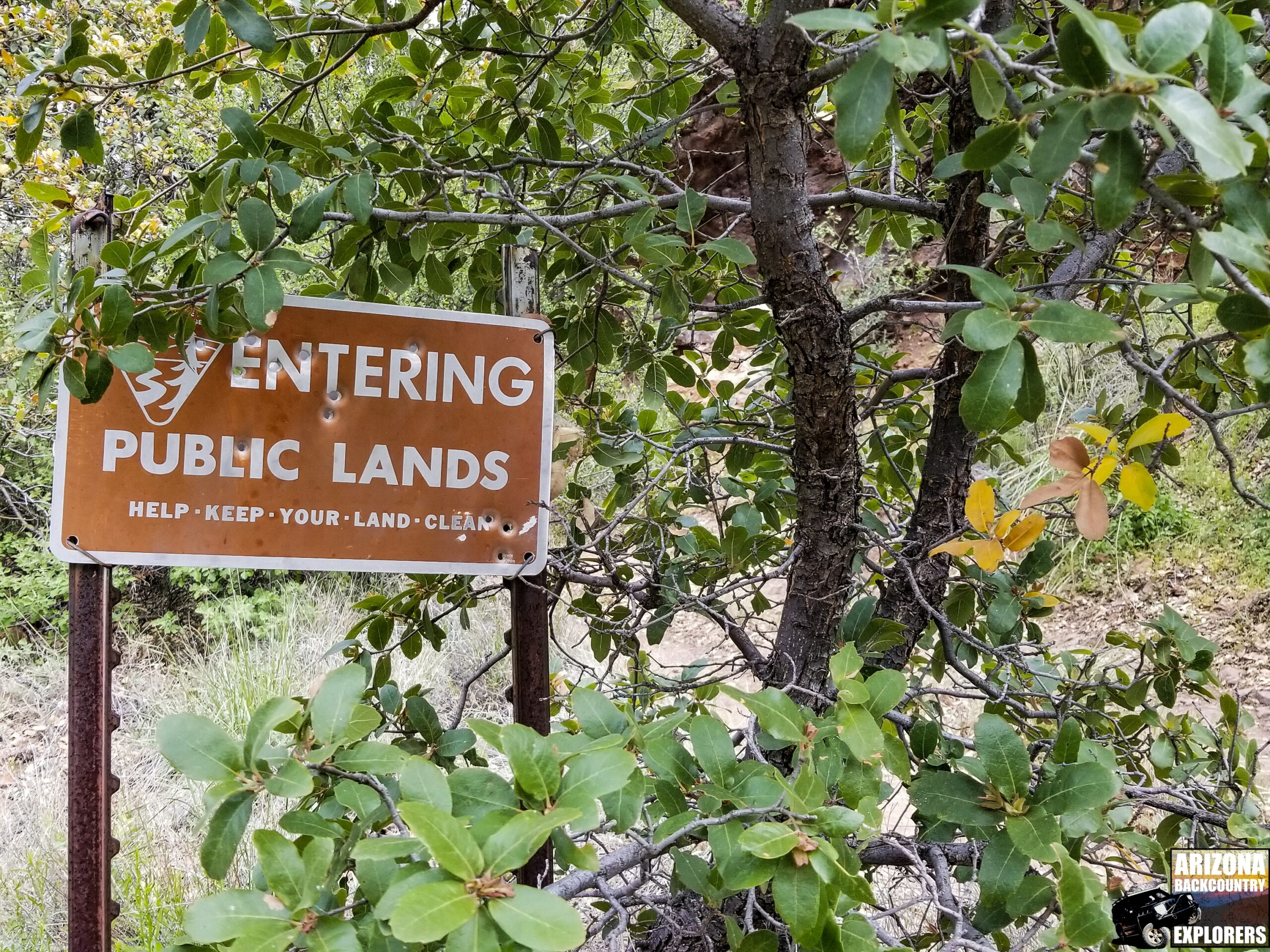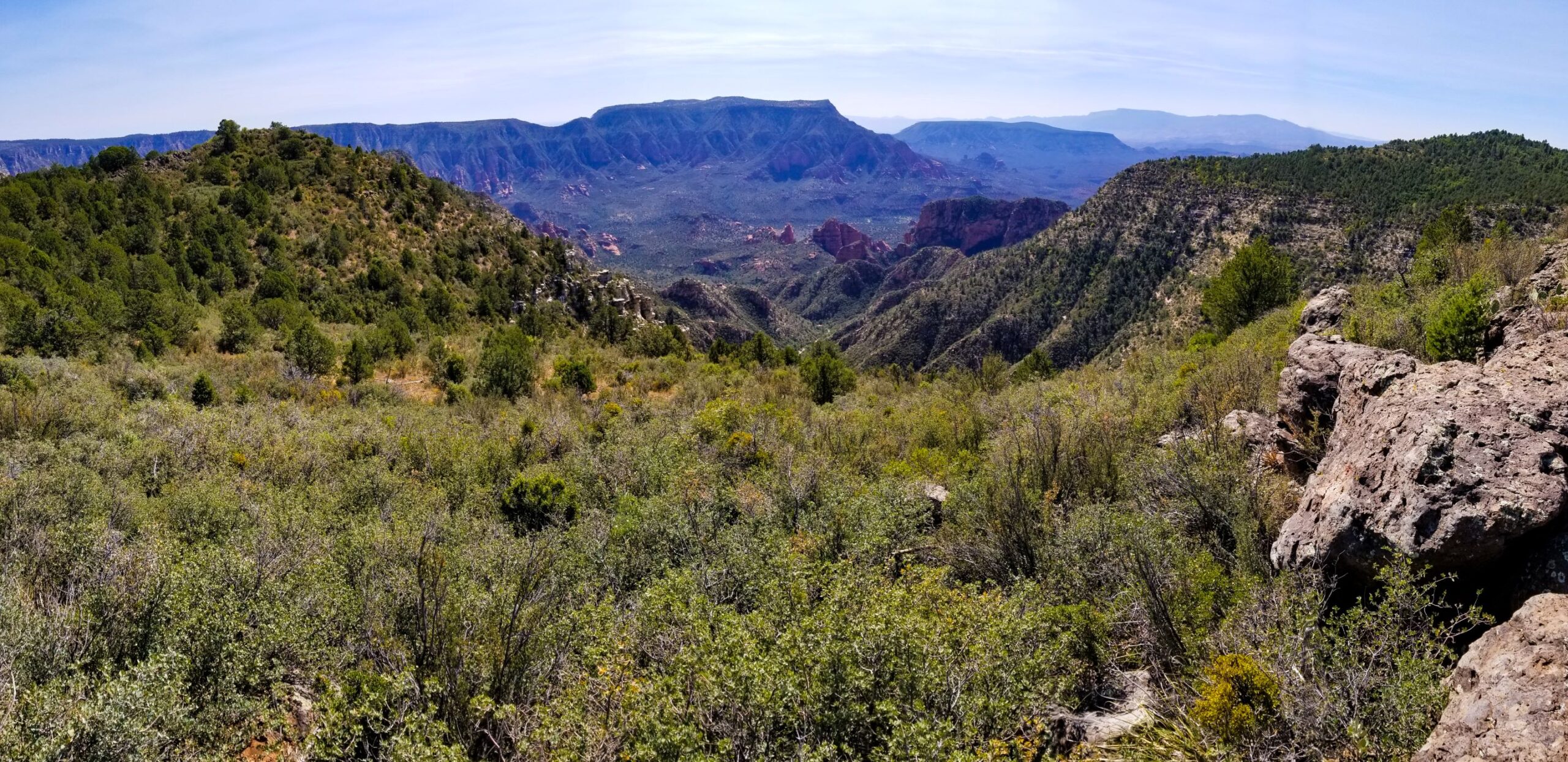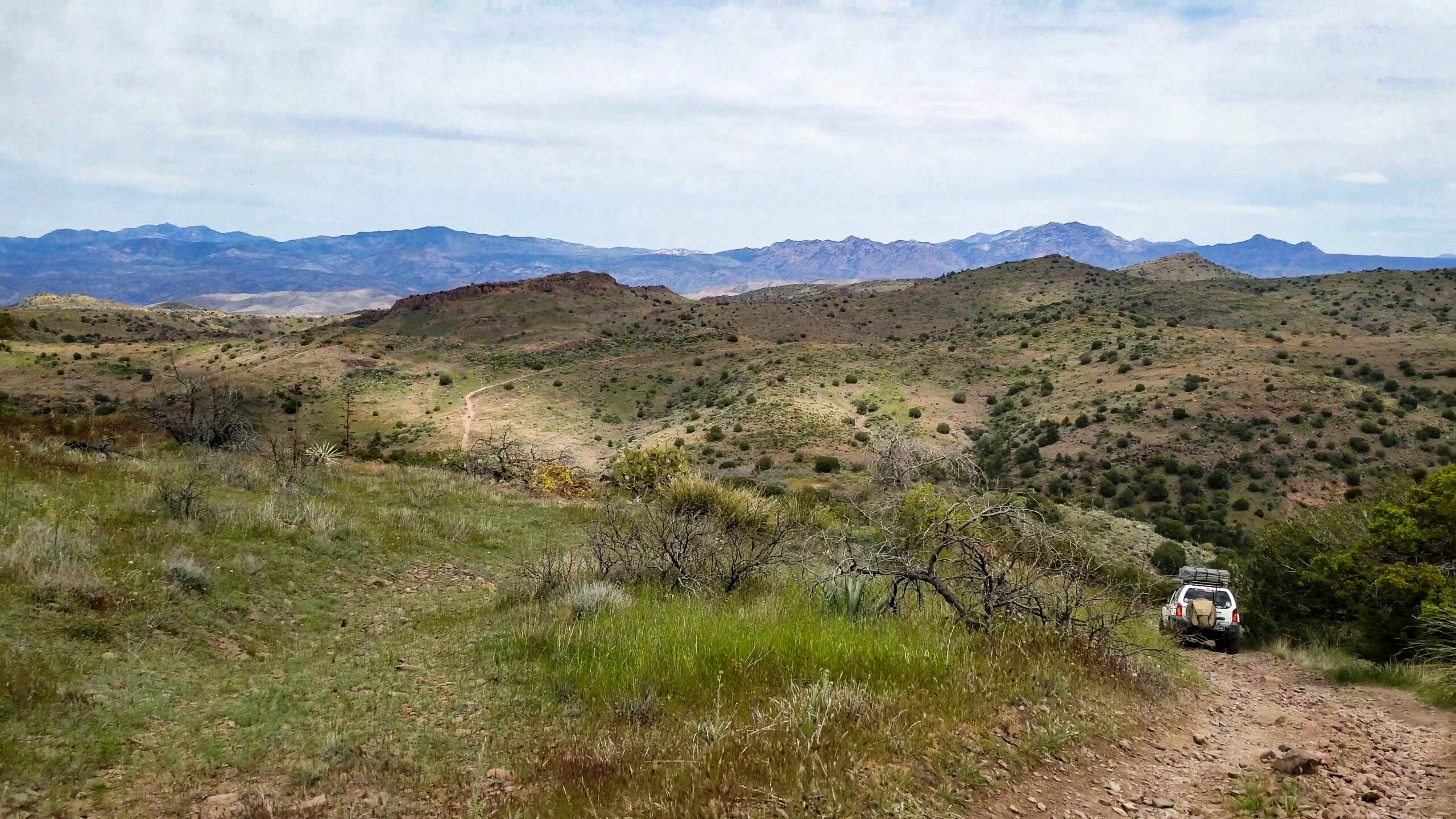Your cart is currently empty!
Posted in
Colorado livestock groups file petition to delay wolf reintroductions until issues resolved
Miles Blumhardt
The Coloradoan
Yahoo News
More than 20 organizations representing Colorado’s agricultural and livestock producers announced they have filed a petition asking the Colorado Parks and Wildlife Commission to delay further wolf reintroductions into the state.
The group said the delay is necessary to “adequately address the conflicts between wolves and livestock producers,” according to a Monday news release sent by the Colorado Cattlemen’s Association.
The petition asks the commission to adopt rule changes “that would pause further wolf introductions until specific wolf-livestock conflict mitigation strategies are fully funded, developed, and implemented.”
Colorado Parks and Wildlife announced Sept. 13 that it had secured an agreement with British Columbia, Canada, to source up to 15 wolves for relocation to Colorado between December 2024 and March 2025. The agency said it intends to release those wolves in the same general area it released its initial 10 wolves in late December in Grand and Summit counties.
That announcement came after Colorado was left searching for a new wolf source after the Confederated Tribes of the Colville Reservation in Washington rescinded its agreement in June to send 15 wolves to Colorado Parks and Wildlife later this year or early next year.
Monday’s petition cited the need for the pause due to 24 confirmed livestock depredations in addition to other livestock missing in Grand, Jackson and Routt counties since the state’s initial release.
The petition mentioned areas of the state’s wolf recovery program that it believes has insufficiently addressed wolf/livestock conflicts and that need to be fully implemented by Colorado Parks and Wildlife before additional wolf releases. The changes listed include:
Clear definition and management of chronic depredation, including mandated lethal take requirements for wolves that consistently prey on livestock.
Proactive development of nonlethal measures, including active development, testing and funding of nonlethal methods to prevent depredations. This includes fully funding range riders.
Streamlined process that allows producers to easily enroll in prevention programs.
Conduct vulnerability site assessments in cooperation with potentially impacted livestock operations.
Create a trained rapid response team to be deployed to areas where wolves are actively preying on livestock to mitigate damage before it escalates.
Engage in transparent communication and consultation with local county officials, elected officials, communities and livestock producers.
Continue reading here
Subscribe to RANGE magazine
Call 1-800-RANGE-4-U
The post Colorado livestock groups move to half wolf introductions until livestock depredation is addressed appeared first on RANGEfire!.
Tags:
You may also like…

Visit the AZBackroads.com Store

Please Become A Member
We need your help to keep our backroads open. Please join today!








